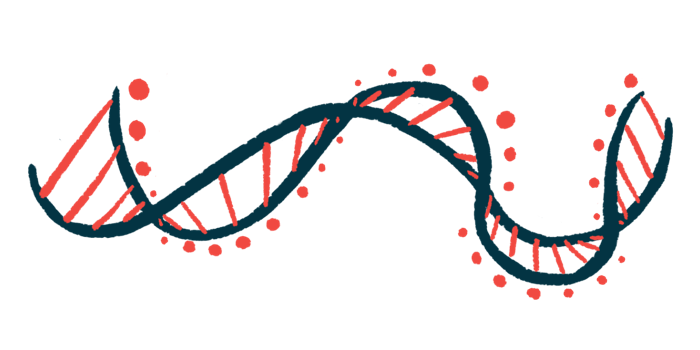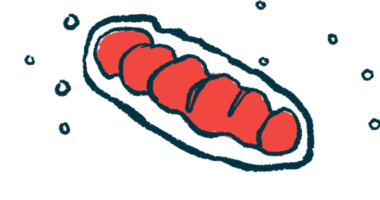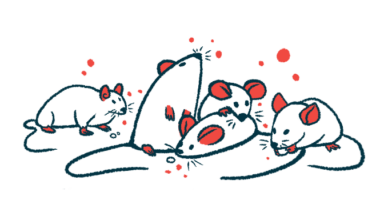Silence ALS treats 9 patients’ rare ALS caused by CHCHD10 mutations
At least 4 more patients expected to be treated in 2025 as part of this program

Nine patients with an ultra-rare form of amyotrophic lateral sclerosis (ALS) caused by mutations in the CHCHD10 gene were treated with an experimental antisense oligonucleotide (ASO) that’s designed to silence the disease-causing mutations.
The treatment was developed as part of Silence ALS, an initiative that designs ASOs, that is, short strands of genetic material, for carriers of ultra-rare, disease-causing genetic mutations. The effort was born out of a collaboration between the California-based nonprofit n-Lorem Foundation and Columbia University.
“The goal of Silence ALS is to design and develop individualized ASOs for patients with ultra-rare genetic forms of ALS for whom commercial access to this powerful technology is not available,” Neil Shneider, MD, PhD, who launched Silence ALS in 2022, said in an n-Lorem press release. Shneider is director of the Eleanor and Lou Gehrig ALS Center at Columbia University, associate professor in the Department of Neurology at Columbia University Vagelos College of Physicians and Surgeons, and principal investigator of the Silence ALS program. A $15 million grant awarded in 2024 under the Ultra-rare Gene-based Therapy (URGenT) program of the National Institute of Neurological Diseases and Stroke provided funding for three patient programs a year over three years.
One of the first patient programs started is for an ultra-rare form of familial ALS caused by mutations in the CHCHD10 gene. The U.S. Food and Drug Administration (FDA) approved treatment for 11 patients and, in the first year of funding, nine have already received treatment with the nL-CHCHD-001 ASO. At least four more patients are expected to be treated in mid-2025 as part of this program.
“That we have been able to dose nine patients in the first year of the funding is evidence of the importance of this grant and the benefit it can bring to patients who had little to no therapeutic options,” said Stanley Crooke, MD, PhD, chairman, founder, and CEO of n-Lorem.
Treatment for the rarest of the rare ALS cases
The CHCHD10 gene provides instructions for producing a protein involved in keeping mitochondria healthy. Mitochondria are the structures that provide cells the energy they need to function. Mutations in CHCHD10 result in an abnormal CHCHD10 protein being produced that’s believed to be toxic to nerve cells, leading to symptoms of ALS.
“ALS is a rapidly progressive disorder and we aim to treat patients as early in their disease course as possible, ideally before symptoms develop. We know that the earlier we can establish and begin a treatment, the better the outcome will be,” Shneider said.
ASOs can bind to messenger RNA, an intermediary molecule cells use as a template for producing proteins from genes. When ASOs bind to messenger RNA, they mark it for degradation, reducing the amount of the resulting proteins. By lowering levels of CHCHD10, the nL-CHCHD-001 ASO should ease symptoms in people with CHCHD10 mutations.
The nine patients began treatment in March 2024 at the Mayo Clinic and Columbia University. While it’s too early to say if the ASO is slowing their disease progression, it has been safe and well tolerated.
n-Lorem is also working on other ASOs for ultra-rare or even nano-rare forms of ALS, that is, those that affect no more than 30 patients in the world. Because these therapies can be developed rapidly and are highly specific to a patient’s disease-causing mutations, they enable individualized treatment for people who have none available.
“Funding for Silence ALS and all of our programs is highly important for us to fulfill our mission and bring optimized ASO medicines to nano-rare patients in need,” Crooke said. “There is a substantial need for treatment, as we estimate that there are hundreds to thousands of nano-rare patients with ALS who lack any treatment options.”
Since its founding, n-Lorem has received more than 300 applications for treatment and has included more than 140 nano-rare patients in its programs. The nonprofit plans to ask the FDA to approve treatment for more patients with mutations in CHCHD10 and other genes linked to ALS.







